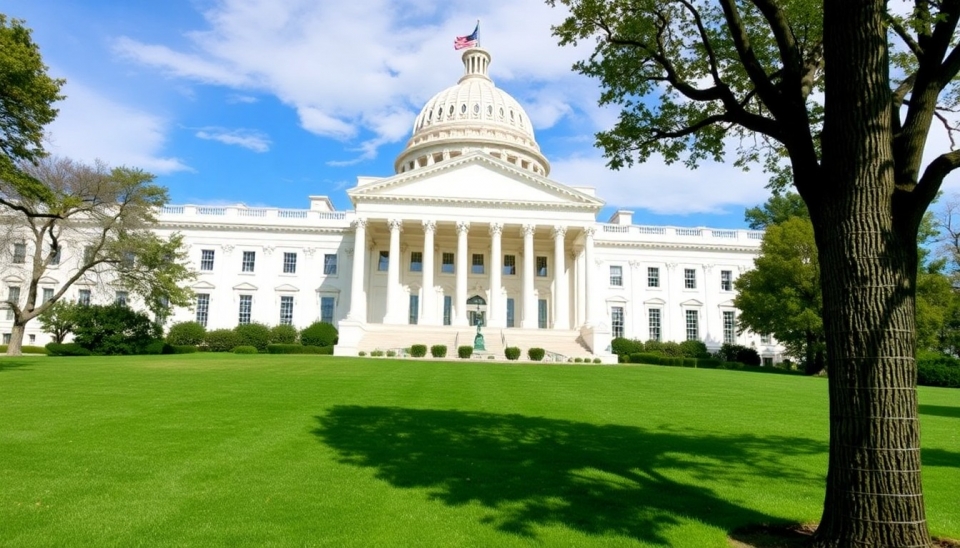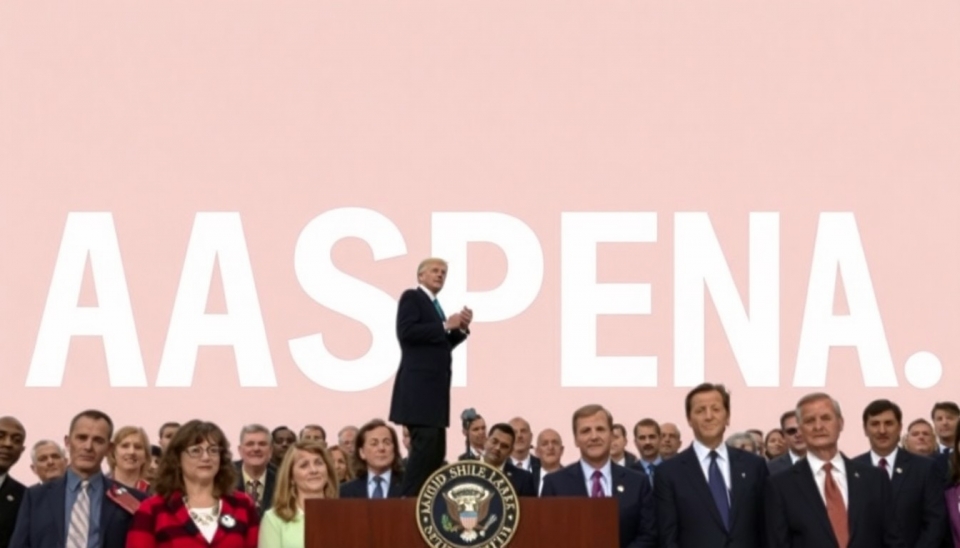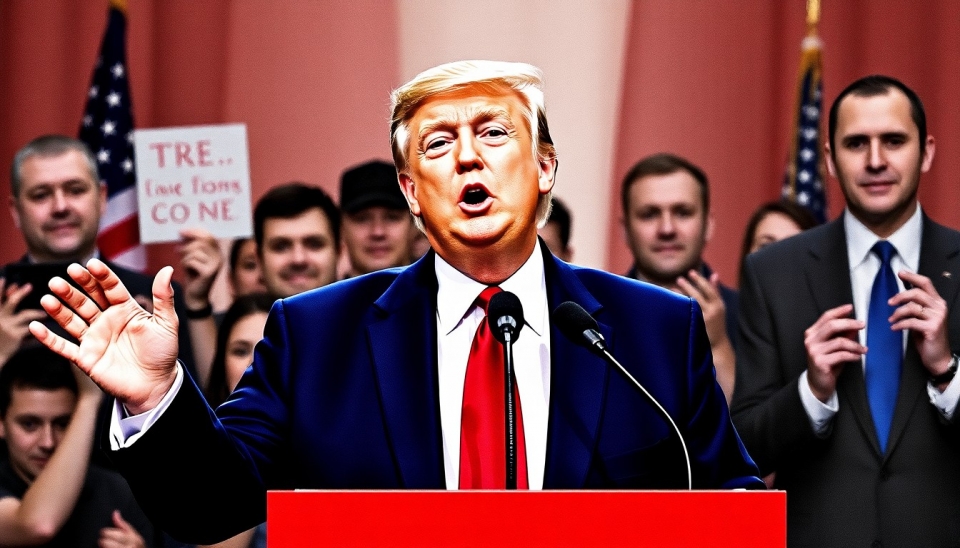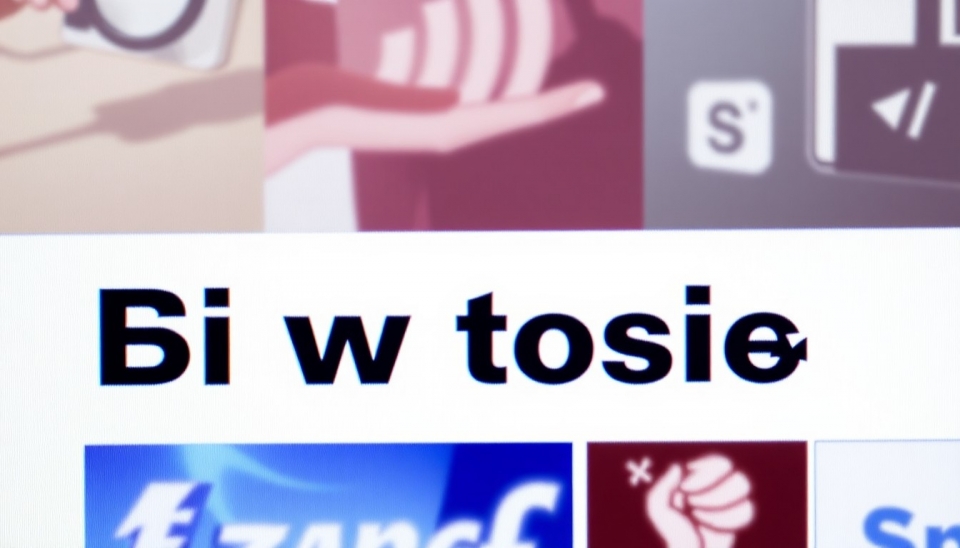
A prominent House Republican is intensifying efforts to scrutinize major technology companies like Apple and Microsoft over their practices related to online content moderation. This political move has garnered significant attention as concerns around censorship grow amid an increasingly polarized political landscape. The phenomenon of tech giants exerting control over online discourse has sparked backlash from various quarters, prompting calls for more accountability and transparency.
As digital platforms face mounting criticism regarding their content moderation policies and perceived biases, legislators are leveraging this backlash to push for reforms. The key figure in this confrontation is Representative Jim Jordan, the chair of the House Judiciary Committee, who has taken a strong stance against what he describes as "big tech tyranny." Jordan and his allies are demanding answers from leading companies regarding how they determine what content is permissible on their platforms, holding that these decisions should not significantly influence public discourse.
The Republican push for examining the practices of these tech giants is framed within a wider narrative of defending free speech. Proponents argue that these companies are overstepping boundaries by acting as de facto gatekeepers of information, which could ultimately undermine the democratic principles that underpin American society. The inquiry seeks to investigate allegations of biased moderation that some suggest silences conservative voices while allowing more liberal viewpoints to flourish unobstructed.
Jordan's efforts are fortified by escalating political stakes; recent electoral cycles have seen intensified scrutiny of tech companies' influence over elections and public opinion. With midterm elections on the horizon, this confrontation is likely to dominate discussions, positioning these regulatory challenges at the forefront of not only Republican agendas but also drawing attention from constituents fatigued by perceived censorship.
The tech industry has countered claims of bias by asserting the necessity of content moderation to ensure user safety and prevent the spread of misinformation. Companies like Facebook and Twitter have detailed their moderation policies, emphasizing that they operate within guidelines intended to foster safe and constructive online environments. However, the effectiveness and fairness of these measures remain hotly debated.
This confrontation has also prompted discussions around potential legislative reforms that could change the way these tech giants operate, particularly regarding Section 230 of the Communications Decency Act, which provides online platforms immunity from liability for user-generated content. A revision of this statute could fundamentally alter the landscape of digital content moderation, presenting profound implications for how information is shared and governed online.
The ongoing discourse on online censorship underscores a broader societal debate about the balance of power between technology companies and the public. As this issue continues to evolve, legislators' efforts to rein in perceived abuses by these giants will likely face mounting scrutiny from both supporters advocating for accountability and critics who caution against overregulation. With public sentiment playing a crucial role in shaping policy decisions, the outcomes of these debates will be pivotal in setting the stage for the future of online communication.
The complexities surrounding the discussion of censorship and free speech are becoming more pronounced, with tech giants at the center of the storm. Consequently, as the political landscape shifts, all eyes will be on how these companies respond to legislative inquiries and whether any substantive changes will emerge amidst the rising tide of calls for accountability.
As this contentious issue unfolds, stakeholders from across the spectrum are likely to remain engaged in vigorous debates about the role and responsibility of tech giants in contemporary society.
#Censorship #FreeSpeech #BigTech #TechRegulation #PoliticalAccountability #Apple #Microsoft #OnlineSafety #ContentModeration #JimJordan
Author: Liam Carter




